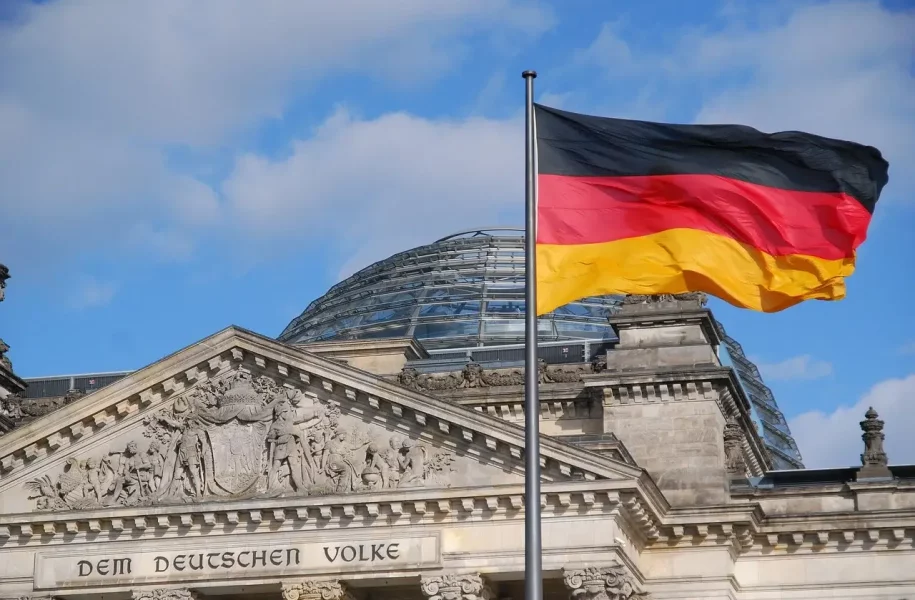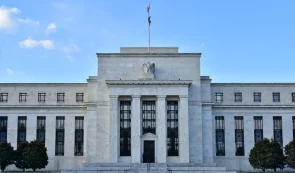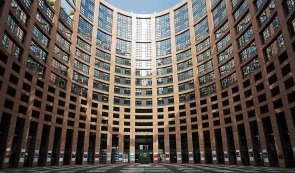Germany’s Fiscal Freeze: Court Ruling Sparks €60B Budget Crisis

Germany's finance ministry is facing a profound fiscal challenge following a momentous ruling by the nation's highest court.
The ministry swiftly implemented a spending freeze affecting all federal ministries, responding to a staggering €60 billion deficit created by the court’s decision.
Germany Freezes Government Spending
This freeze significantly curtails new spending authorizations, potentially constricting the government’s access to funds designed to bypass the country’s debt limit, usually set at 0.35 percent of GDP, except in emergencies.
In a memo circulated to ministries, State Secretary Werner Gatzer clarified that this freeze aims to prevent additional financial strain on future budgets. However, it doesn’t impact existing financial commitments, as confirmed by Kevin Kühnert, Secretary General of Chancellor Olaf Scholz’s Social Democratic Party (SPD).
Amid efforts to grasp the full impact of the court’s ruling, the Bundestag’s budgetary committee held a public hearing with legal experts. Although the projected €60 billion deficit spans multiple years, experts stress an urgent need, highlighted by Thiess Büttner from the University of Erlangen-Nuremberg, to consolidate €52 billion in the upcoming fiscal year.
Struggle for Funding
The government’s struggle to secure funding for crucial initiatives, such as accelerating the green transition and shielding German industries from surging energy costs, has prompted calls—especially from the political left—to suspend the debt limit by declaring a state of emergency, similar to actions taken during the COVID-19 pandemic and Russia’s invasion of Ukraine.
READ MORE: Tether and DOJ Freeze $200M, Targeting Crime Network
Rolf Mützenich, the SPD’s Bundestag whip, foresees the necessity of using the exemption rule, possibly extending it beyond 2024. Conversely, members of the Free Democratic Party (FDP) within the ruling coalition resist suspending the debt limit. FDP Finance Minister Christian Lindner argues that the court ruling doesn’t warrant such action, emphasizing the need for more effective policies despite reduced financial resources compared to the past decade.
Concurrently, there’s growing momentum within the government for a substantial overhaul of the debt limit, which was introduced in 2009. Green Economy Minister Robert Habeck critiques its design, citing a mismatch with the current era’s energy dynamics, China’s market conditions, and a geopolitical landscape vastly different from the time it was instituted.














